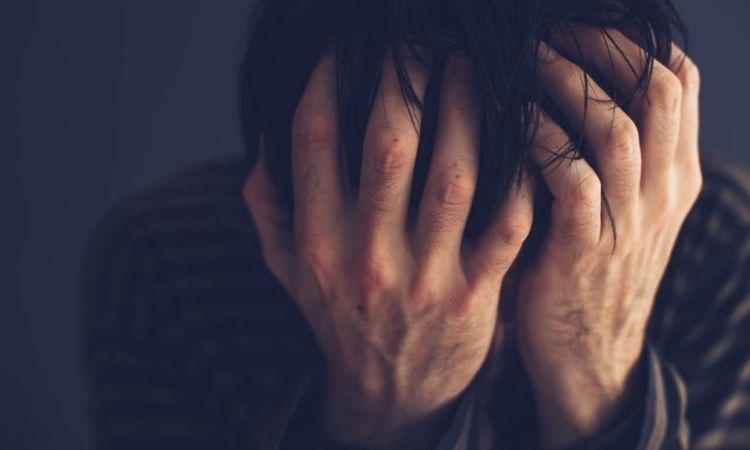
Millions of people in the US and across the world are currently struggling with drug and alcohol addiction. Unfortunately, the most severe cases often lead to overdose, and overdose fatalities continue to rise daily. Addiction in the United States is at epidemic levels, and sadly a lot of people lose the battle before ever having the chance to get help.
10% of US Adults Have Drug Use Disorder at Some Point in Their Lives
The National Institute of Health “10 percent of US adults have drug use disorder at some point in their lives” says:
Based on the study results, the majority of people with drug use disorder never receive any form of treatment. About 14 percent of people who had drug use disorder in the past year and about 25 percent of people who had ever had drug use disorder received care. Even among people with moderate-to-severe drug use disorder, less than 20 percent of those with past-year drug use disorder and less than one-third of those with lifetime drug use disorder received treatment. Treatment rates for alcohol use disorder are similarly low. Earlier this year, Dr. Grant’s group found that nearly one-third of adults in the United States have alcohol use disorder at some time in their lives, but only about 20 percent receive treatment. (NIH)
A lot of addicts don’t get treatment, but why? What are the reasons a person doesn’t want to get help?
Barriers To Treatment And Addiction Recovery
Like the NIH stated, most people that struggle with addiction don’t get any form of treatment, and there can be several reasons why. Therefore, a study was done to determine the most common barriers to seeking alcoholism treatment. This study found that there are five common reasons.
- Stigma – 30% of people don’t seek help due to stigma. 19% of those were too embarrassed to discuss it with anyone. 8% were afraid of what friends, family, or others would think, and 3% feared losing their job. Unfortunately, addiction is stigmatized and a lot of people fear judgment.
- Attitude – 98% of people don’t seek help due to attitude reasons. 14% of them don’t think anyone can help. 33% thought they would get better by themselves, 42% thought they were strong enough to handle it alone, and 9% were afraid of being put into the hospital. Fear keeps a lot of addicts from getting treatment.
- Ready To Change – 57% of people who don’t seek help just aren’t ready to change. 16% want to keep drinking or using, 21% don’t think their problem was serious enough, and 20% say they stopped drinking independently. And many people in this category either don’t yet realize or won’t admit they have a problem.
- Financial – 22% of people don’t seek help due to financial reasons. 8% wanted to go, but their insurance wouldn’t pay for it, and the other 14% couldn’t afford to pay the bill. Everyone should be able to get help if they want it.
- Structural – 20% of people don’t seek help due to structural reasons. In addition, 7% of those didn’t know of any place to go for help, 4% didn’t have a way to get there, and 9% said they didn’t have time.
The most commonly selected barrier was the person thought they should be strong enough to handle the situation alone. Over three-quarters of people struggling with addiction have jobs, and many of these people also have families to support. Even though they may eventually lose their job anyway if they don’t seek treatment, many put off going because they are afraid they will lose their job. Again, this goes back to fear and stigma.
Several Different Types of Addiction Treatment at Riverwalk Recovery Center
There are several different types of treatment available for those suffering from substance abuse disorders. First, of course, those with jobs can always seek out some kind of outpatient service. While outpatient treatment is not always the best form for an individual with an addiction, at least the person would be getting some kind of help. Riverwalk Recovery Center understands how hard the recovery process can be. Recovery is a journey and not a destination. Our programs help people overcome addiction and mental health issues by helping them change their lifestyles. We have a team of compassionate and understanding professionals who are invested in your success. If you or someone you love is struggling with drug or alcohol addiction, give us a call and let our team help you.
